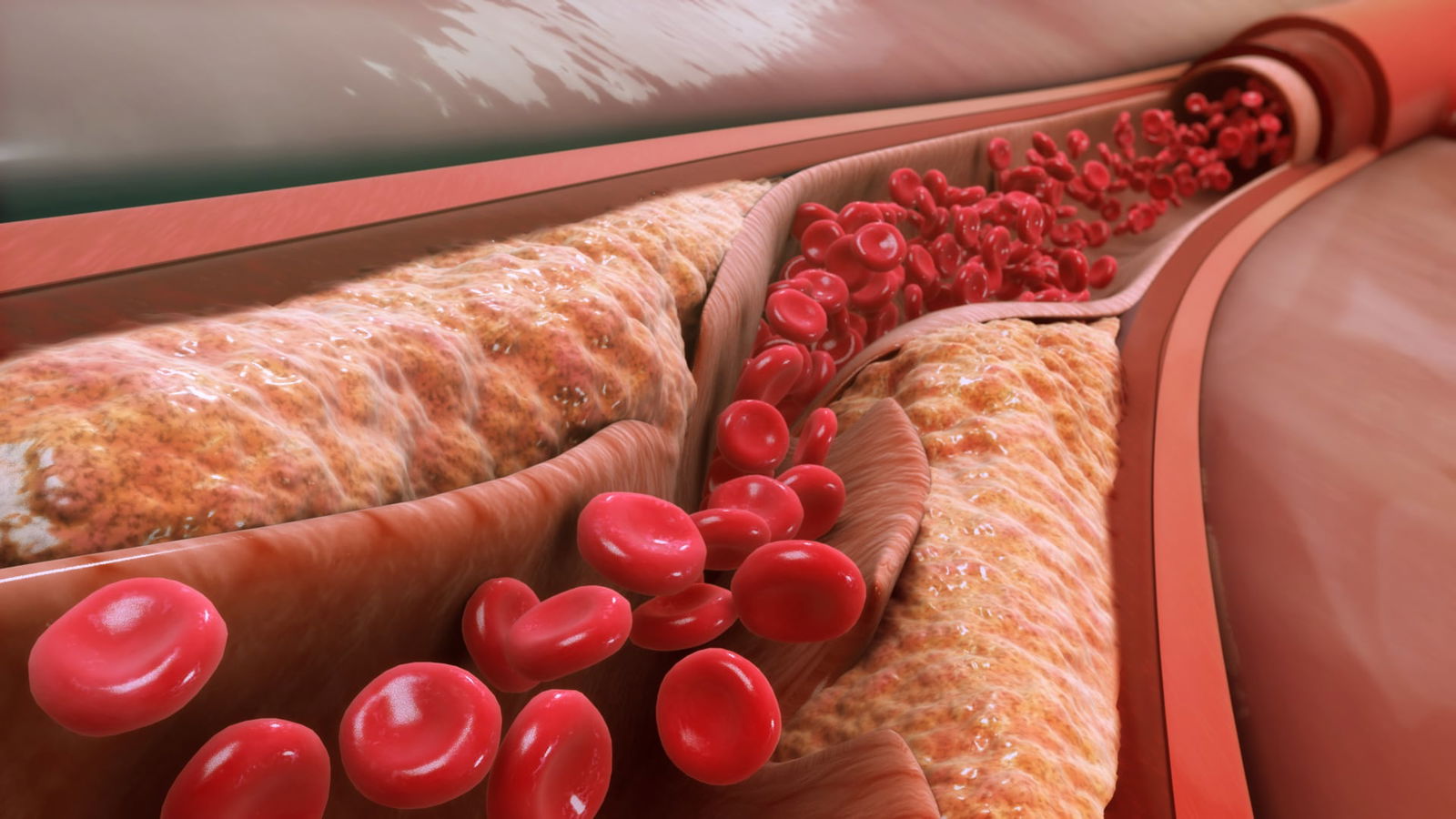In an unconventional health experiment, YouTuber Dr. Nick Norwitz embarked on a bold challenge to see how his body would react to consuming an enormous number of eggs. He committed to eating 720 eggs in a month, documenting his journey on YouTube. The big question was: What would happen after eating two cartons of eggs every day for 30 days?

Setting the foundation for his experiment, Dr. Norwitz ventured beyond typical nutritional boundaries. He exceeded common protein intake norms by eating an astonishing 24 eggs each day, totaling 720 eggs over the month. His experiment revolved around the hypothesis that such a massive cholesterol-rich diet wouldn’t drastically affect his LDL (low-density lipoprotein) cholesterol, commonly known as the “bad” cholesterol.

Cholesterol, typically viewed as harmful to heart health, can be concerning when levels are elevated. Surprisingly, despite his extreme egg consumption, Dr. Norwitz’s cholesterol levels didn’t spike. Instead, he observed something unexpected—his LDL cholesterol levels not only stayed stable but decreased. In the first two weeks, his LDL levels dropped by 2%, and by the end of the month, they had fallen an impressive 18%.
To understand these results, Dr. Norwitz explored the science of cholesterol regulation. He explained that the liver’s cholesterol production is influenced by dietary intake, especially carbohydrates. In the latter half of the experiment, adding more carbohydrates to his diet seemed to stabilize and lower his LDL cholesterol even further.

Cholesterol is often seen as a health enemy, but its role is more complex than many realize. Cholesterol is a vital substance that supports many bodily functions, including cell structure, hormone production, and vitamin D synthesis. While the body produces most of its cholesterol, it also absorbs some from foods like eggs, meat, and dairy.
When evaluating cholesterol’s role in heart health, it’s important to understand lipoproteins, which transport cholesterol in the blood. LDL, often called “bad cholesterol,” can lead to artery blockage, while HDL, or “good cholesterol,” helps remove cholesterol from the bloodstream.

Contrary to common belief, eating cholesterol-rich foods like eggs may not significantly raise blood cholesterol levels for most people. The body tightly regulates cholesterol, with fats and carbohydrates having a bigger impact than dietary cholesterol itself. In some people, called hyperresponders, LDL levels may rise slightly from eating high-cholesterol foods, but the increase usually involves larger LDL particles that are less dangerous to heart health.
Research suggests that dietary cholesterol doesn’t directly cause heart disease. Factors like inflammation, oxidative stress, and high blood pressure are more critical for cardiovascular health. Studies on egg consumption have found no strong link between eating eggs and heart disease. Some research suggests eggs could improve cholesterol profiles, lowering heart disease risk for certain individuals.
While research continues to explore the relationship between cholesterol and heart disease, evidence so far suggests that high-cholesterol foods like eggs can fit into a healthy diet for most people. The American Heart Association (AHA) has not issued strict guidelines against consuming these foods to prevent heart disease.
The relationship between dietary cholesterol, blood cholesterol, and heart disease risk is more nuanced than previously thought. A balanced diet that includes a variety of whole foods is key to overall health. For personalized dietary advice, it’s always best to consult a healthcare professional or a registered dietitian.

